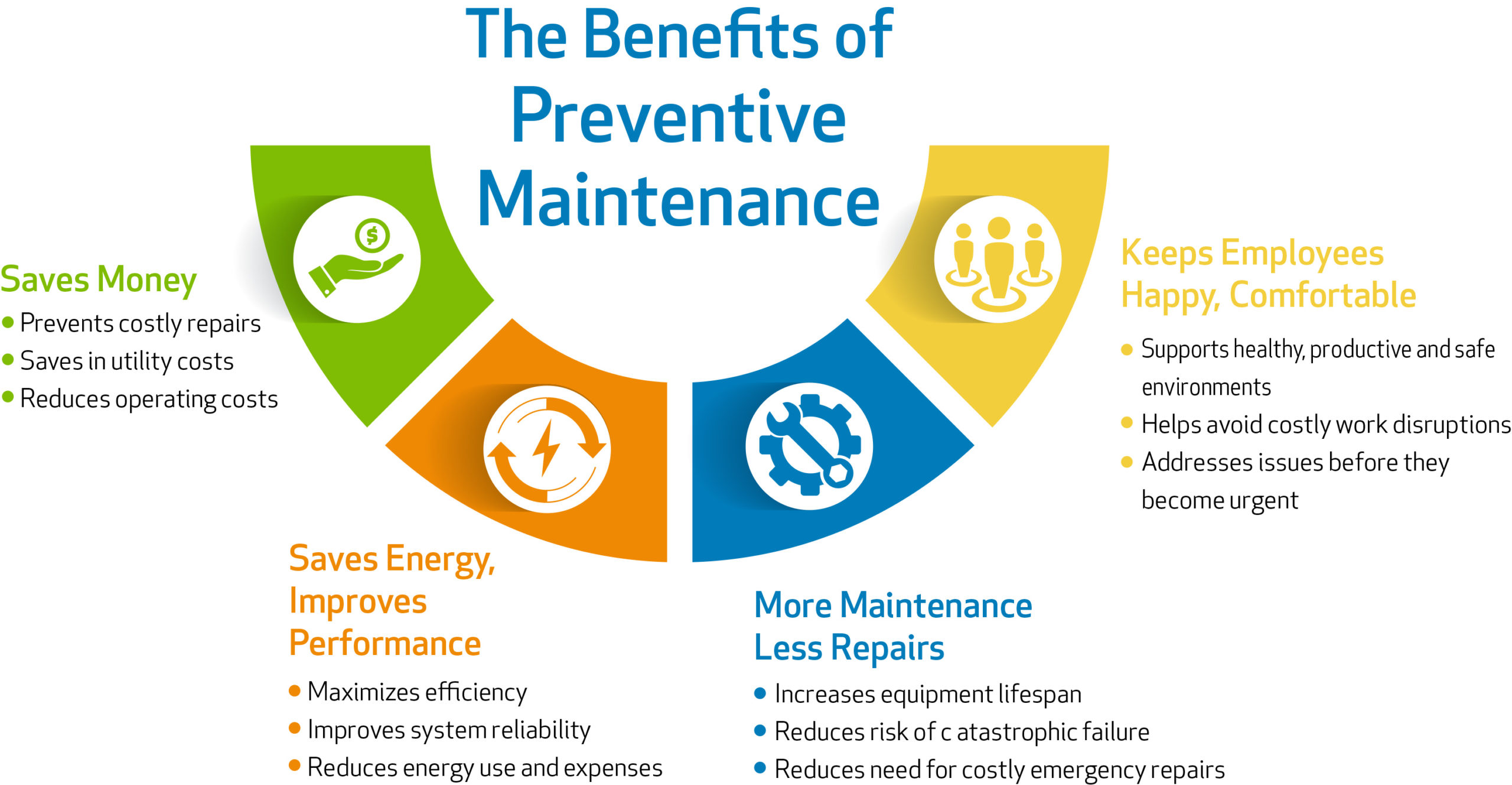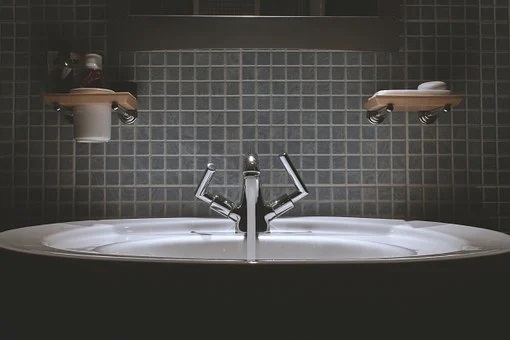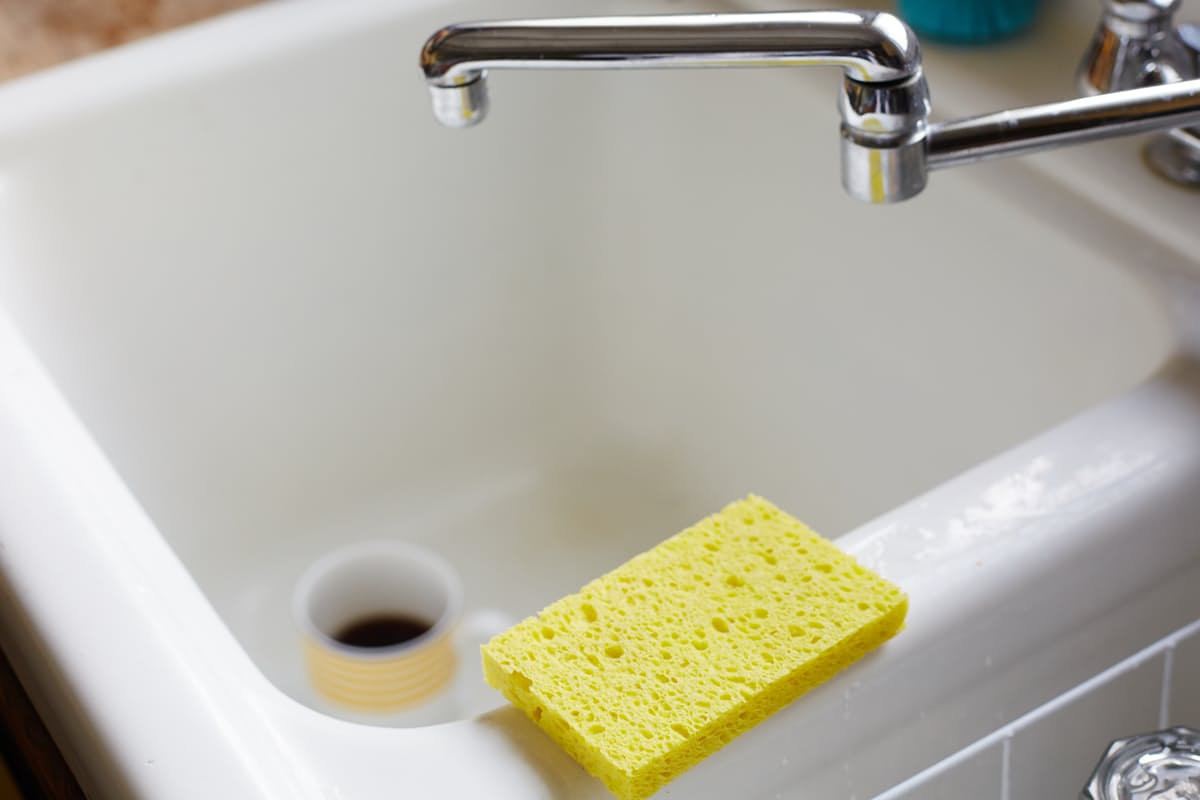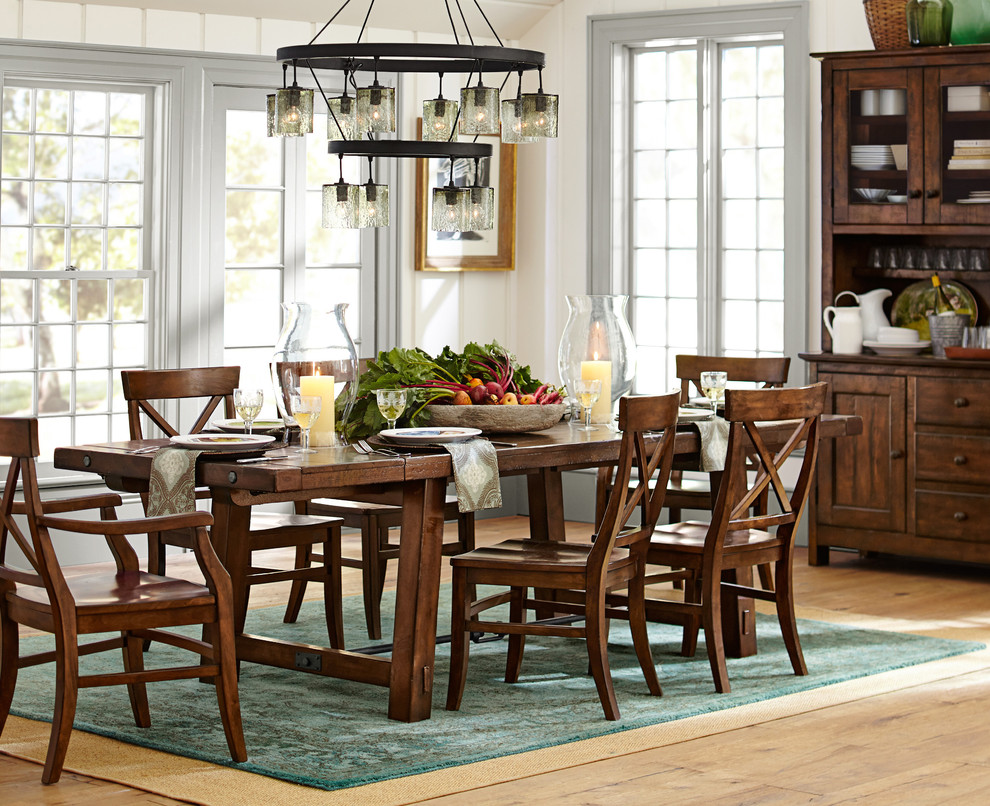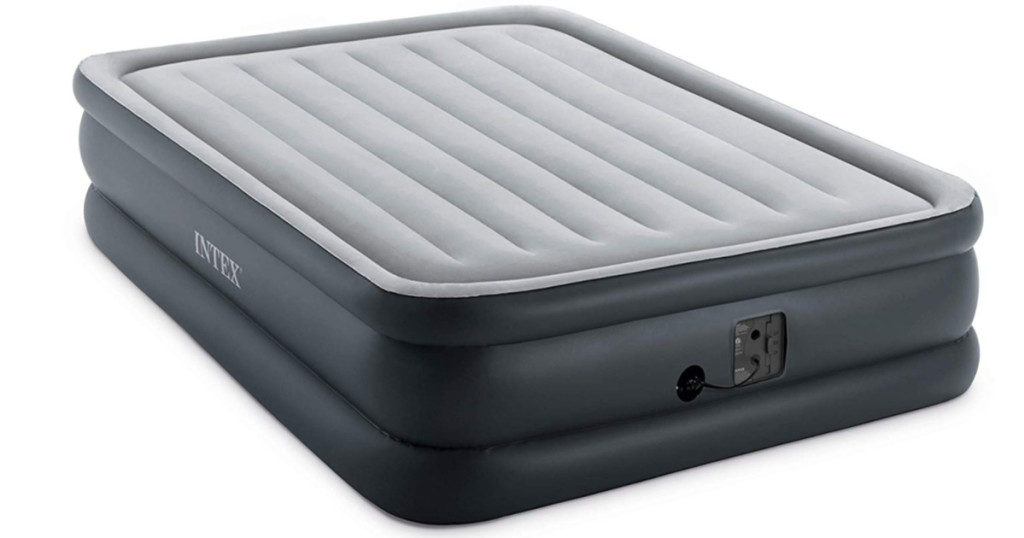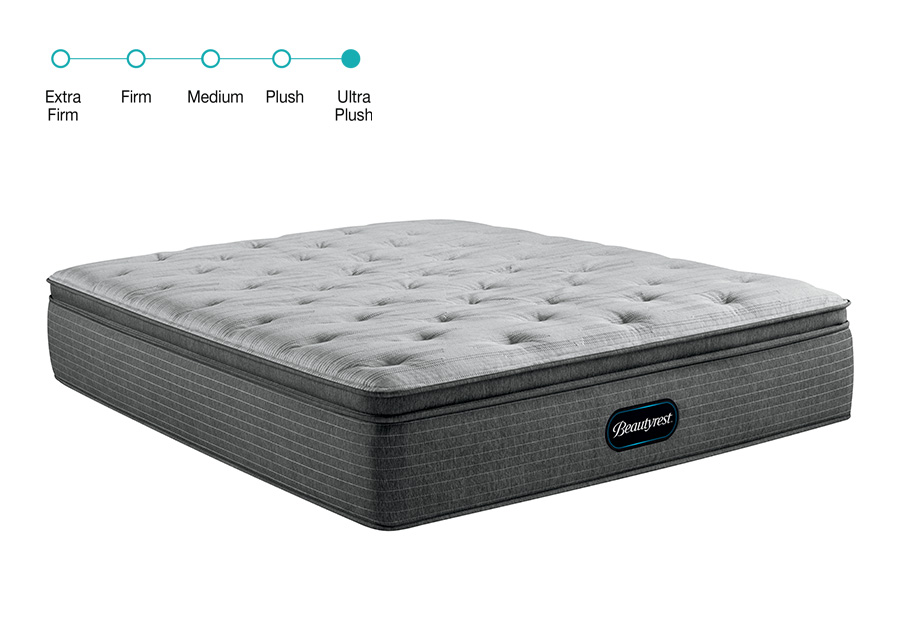1. How to Avoid a Kitchen Sink Backing Up
If you've ever experienced a kitchen sink backing up, you know how frustrating and messy it can be. Not only can it create a major inconvenience, but it can also lead to potential water damage and costly repairs. Luckily, there are some simple steps you can take to prevent this issue from happening in the first place.
First and foremost, be mindful of what you're putting down your kitchen sink. Avoid pouring grease, oils, or coffee grounds down the drain as these can easily build up and cause clogs. Instead, dispose of these items in the trash or compost bin.
Additionally, make sure to use a sink strainer to catch any food particles and debris that may accidentally go down the drain. Empty it regularly to prevent buildup and clogs.
Finally, consider using a natural drain cleaner on a monthly basis to keep your pipes clear and free from buildup. This will help prevent any potential backups and keep your kitchen sink draining properly.
2. Tips for Preventing a Backed Up Kitchen Sink
Dealing with a backed up kitchen sink can be a major headache, but it's an issue that can easily be avoided with some simple preventative measures. One of the main causes of kitchen sink backups is a clogged or blocked pipe, so it's important to keep an eye on what goes down your drain.
Always scrape off excess food into the trash before washing dishes, and use a sink strainer to catch any small particles or debris. You should also avoid putting fibrous foods like potato peels or celery down the drain, as these can easily get caught and cause clogs.
Regularly cleaning your sink and pipes with a mixture of hot water and vinegar can also help keep your drains clear and prevent any potential backups. And if you do experience a slow draining sink, try using a plunger to dislodge any clogs before they become a bigger issue.
3. Common Causes of Kitchen Sink Backups and How to Avoid Them
Kitchen sink backups can occur for a variety of reasons, and it's important to understand the common causes in order to prevent them from happening in the future. One of the most common causes is a clogged drain, which can be caused by anything from food particles to soap scum and hair.
To avoid a clogged drain, make sure to regularly clean your sink and pipes with a natural drain cleaner. You should also avoid pouring any grease, oils, or fatty foods down the drain, as these can solidify and cause major clogs.
Another common cause of kitchen sink backups is a malfunctioning garbage disposal. Make sure to run water while using the disposal and avoid putting any hard or fibrous foods down it. If you suspect an issue with your garbage disposal, it's best to call a professional for repairs.
4. Simple Steps to Keep Your Kitchen Sink from Backing Up
The key to preventing a kitchen sink backup is to be proactive and take simple steps to maintain your pipes and drains. One of the most effective ways to prevent backups is to use a natural drain cleaner on a regular basis.
You should also be mindful of what you put down your drain and avoid any potential clog-causers like grease, oils, and fibrous foods. Another helpful tip is to run hot water down your drain after each use to help keep any potential buildup from solidifying and causing a clog.
If you do experience a slow draining sink, try using a plunger or a homemade mixture of baking soda and vinegar to dislodge any clogs. And remember to regularly clean and maintain your garbage disposal to prevent any issues with it causing backups.
5. Avoiding a Kitchen Sink Backup: What You Need to Know
A kitchen sink backup can be a major inconvenience, but with the right knowledge and preventative measures, you can avoid this issue altogether. One of the most important things to keep in mind is to never pour any grease, oils, or fats down your drain.
You should also be mindful of what goes down your garbage disposal and avoid putting any hard or fibrous foods down it. Regularly cleaning and maintaining your sink and pipes can also go a long way in preventing backups and keeping your kitchen running smoothly.
If you do experience a backup, it's important to address it right away to prevent any potential water damage or further clogs. And don't hesitate to call a professional if you're unsure of how to handle the situation.
6. Preventing Kitchen Sink Backups: A Comprehensive Guide
Preventing a kitchen sink backup involves a combination of proactive measures and regular maintenance. To start, make sure to always use a sink strainer to catch any food particles and debris before they can go down the drain.
Another key step is to avoid pouring any grease, oils, or fats down the drain, as these can easily solidify and cause major clogs. You should also be mindful of what you put down your garbage disposal and never use it to dispose of hard or fibrous foods.
Regularly cleaning and maintaining your sink and pipes with a natural drain cleaner can also help prevent backups. And if you do experience a slow draining sink, try using a plunger or homemade mixture of baking soda and vinegar to dislodge any clogs.
7. How to Keep Your Kitchen Sink Draining Properly
Keeping your kitchen sink draining properly is essential for avoiding backups and other plumbing issues. One of the best ways to ensure this is to regularly clean your sink and pipes with a natural drain cleaner.
You should also be mindful of what goes down your drain and avoid putting any potential clog-causing items down it. This includes grease, oils, fats, and fibrous foods. Using a sink strainer can also help catch any debris and prevent it from going down the drain.
If you do experience a slow draining sink, try using a plunger or homemade mixture of baking soda and vinegar to dislodge any clogs. And remember to regularly maintain your garbage disposal to prevent it from causing backups.
8. Avoiding a Mess: Tips for Keeping Your Kitchen Sink from Backing Up
A backed up kitchen sink can create a huge mess and inconvenience, but with some simple tips, you can easily avoid this issue. First and foremost, be mindful of what you're putting down your drain and avoid pouring any grease, oils, or fatty foods down it.
Using a sink strainer can also help catch any food particles and debris that may accidentally go down the drain. Additionally, regularly cleaning and maintaining your sink and pipes can go a long way in preventing backups and keeping your kitchen running smoothly.
If you do experience a slow draining sink, try using a plunger or natural drain cleaner to dislodge any clogs. And don't hesitate to call a professional if you're unsure of how to handle the situation.
9. What to Do When Your Kitchen Sink Backs Up
If you find yourself dealing with a backed up kitchen sink, the first thing to do is to stay calm and take immediate action. The longer you wait, the worse the issue can become and the more potential damage it can cause.
Start by using a plunger or a mixture of baking soda and vinegar to try and dislodge the clog. If that doesn't work, you may need to call a professional plumber to fully clear and clean the pipes.
To prevent future backups, make sure to regularly maintain your sink and pipes with a natural drain cleaner and be mindful of what goes down your drain.
10. The Importance of Regular Maintenance to Avoid Kitchen Sink Backups
Regular maintenance is key to preventing kitchen sink backups and other plumbing issues. This includes regularly cleaning your sink and pipes with a natural drain cleaner and being mindful of what goes down your drain.
Additionally, it's important to regularly maintain your garbage disposal and replace it if necessary. Doing so can help prevent any potential backups caused by a malfunctioning disposal.
If you do experience a backup, don't hesitate to call a professional plumber to fully clear and clean your pipes. And remember to continue regular maintenance to avoid future issues. With these simple steps, you can keep your kitchen sink draining properly and avoid the headache of a backed up sink.
Avoiding Kitchen Sink Backing Up: Tips for Efficient House Design

Proper Drainage System
 When it comes to designing a house, the drainage system is often overlooked. However, it plays a crucial role in avoiding kitchen sink backing up. A properly designed drainage system should have enough slope to allow water to flow freely and avoid any blockages.
Regular maintenance and cleaning of the pipes
should also be done to prevent any buildup of debris or grease.
When it comes to designing a house, the drainage system is often overlooked. However, it plays a crucial role in avoiding kitchen sink backing up. A properly designed drainage system should have enough slope to allow water to flow freely and avoid any blockages.
Regular maintenance and cleaning of the pipes
should also be done to prevent any buildup of debris or grease.
Proper Waste Disposal
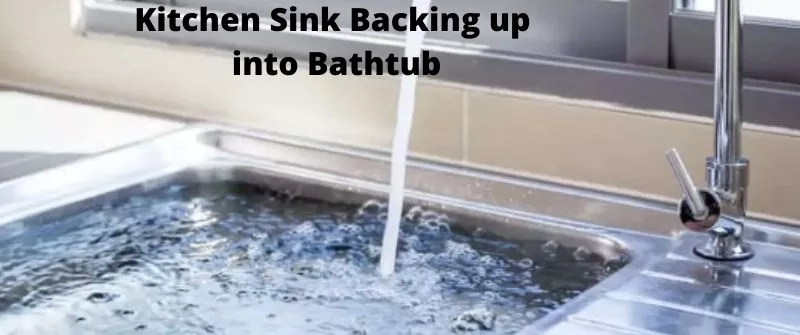 Another factor that contributes to kitchen sink backup is improper waste disposal.
Food scraps, oils, and grease should never be disposed of in the kitchen sink
, as they can cause clogs and backups. Instead, have a designated compost bin for food waste and dispose of oils and grease in a separate container. This will not only prevent kitchen sink backups but also help in reducing environmental impact.
Another factor that contributes to kitchen sink backup is improper waste disposal.
Food scraps, oils, and grease should never be disposed of in the kitchen sink
, as they can cause clogs and backups. Instead, have a designated compost bin for food waste and dispose of oils and grease in a separate container. This will not only prevent kitchen sink backups but also help in reducing environmental impact.
Invest in a Garbage Disposal
 Installing a garbage disposal in your kitchen sink can also help in avoiding backups.
Garbage disposals grind food scraps into smaller pieces, making it easier for them to pass through the pipes without causing any clogs
. However, it is important to note that not all food scraps can be disposed of in the garbage disposal. Hard items such as bones and fruit pits should be avoided.
Installing a garbage disposal in your kitchen sink can also help in avoiding backups.
Garbage disposals grind food scraps into smaller pieces, making it easier for them to pass through the pipes without causing any clogs
. However, it is important to note that not all food scraps can be disposed of in the garbage disposal. Hard items such as bones and fruit pits should be avoided.
Regular Inspections
 Lastly,
regular inspections of your plumbing system
can help in identifying any potential issues before they become major problems. A professional plumber can check for any leaks, blockages, or damaged pipes that may be causing kitchen sink backups. It is recommended to schedule a plumbing check-up at least once a year to ensure the proper functioning of your drainage system.
In conclusion, avoiding kitchen sink backing up is essential for an efficient and functional house design. By implementing these tips, you can prevent any potential clogs and backups in your kitchen sink, saving you time and money in the long run. Remember to always prioritize proper drainage, waste disposal, and regular maintenance to keep your kitchen sink running smoothly.
Lastly,
regular inspections of your plumbing system
can help in identifying any potential issues before they become major problems. A professional plumber can check for any leaks, blockages, or damaged pipes that may be causing kitchen sink backups. It is recommended to schedule a plumbing check-up at least once a year to ensure the proper functioning of your drainage system.
In conclusion, avoiding kitchen sink backing up is essential for an efficient and functional house design. By implementing these tips, you can prevent any potential clogs and backups in your kitchen sink, saving you time and money in the long run. Remember to always prioritize proper drainage, waste disposal, and regular maintenance to keep your kitchen sink running smoothly.
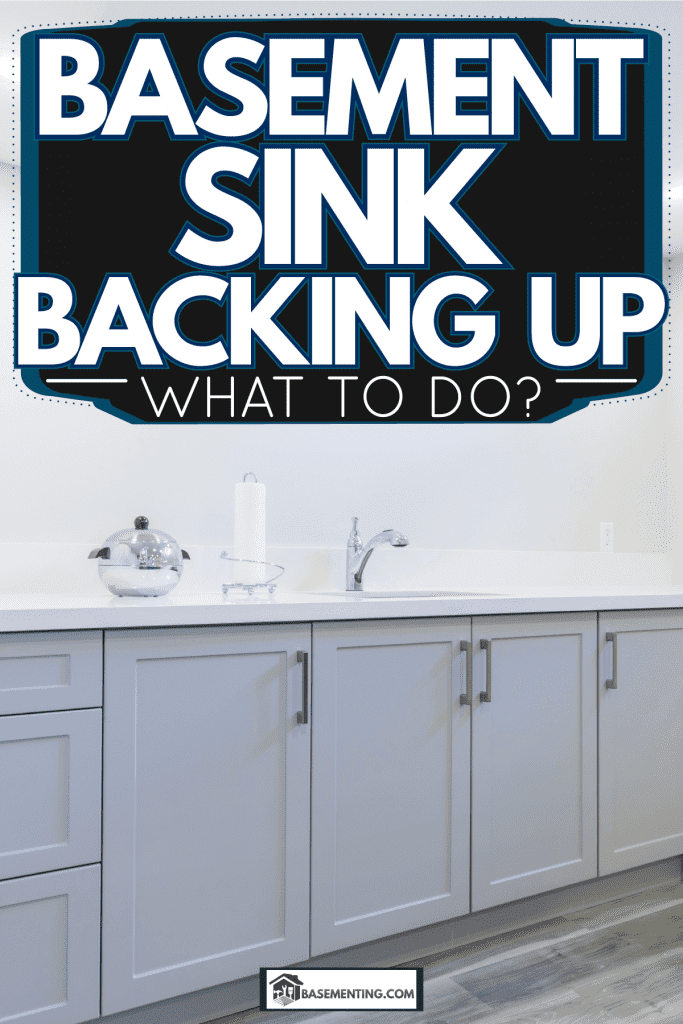
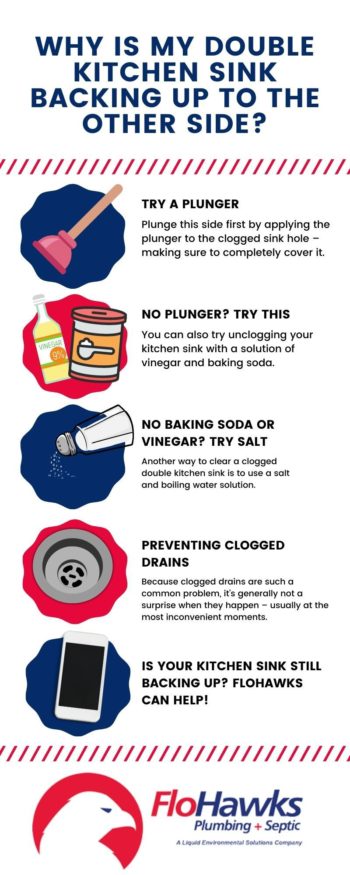

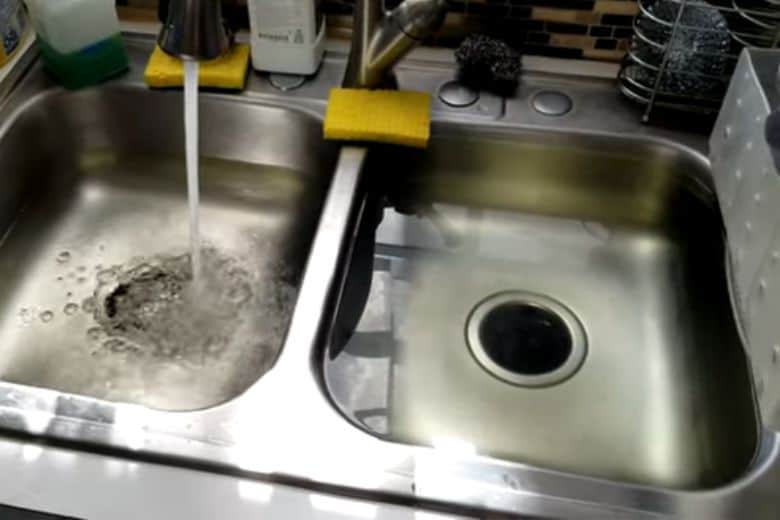
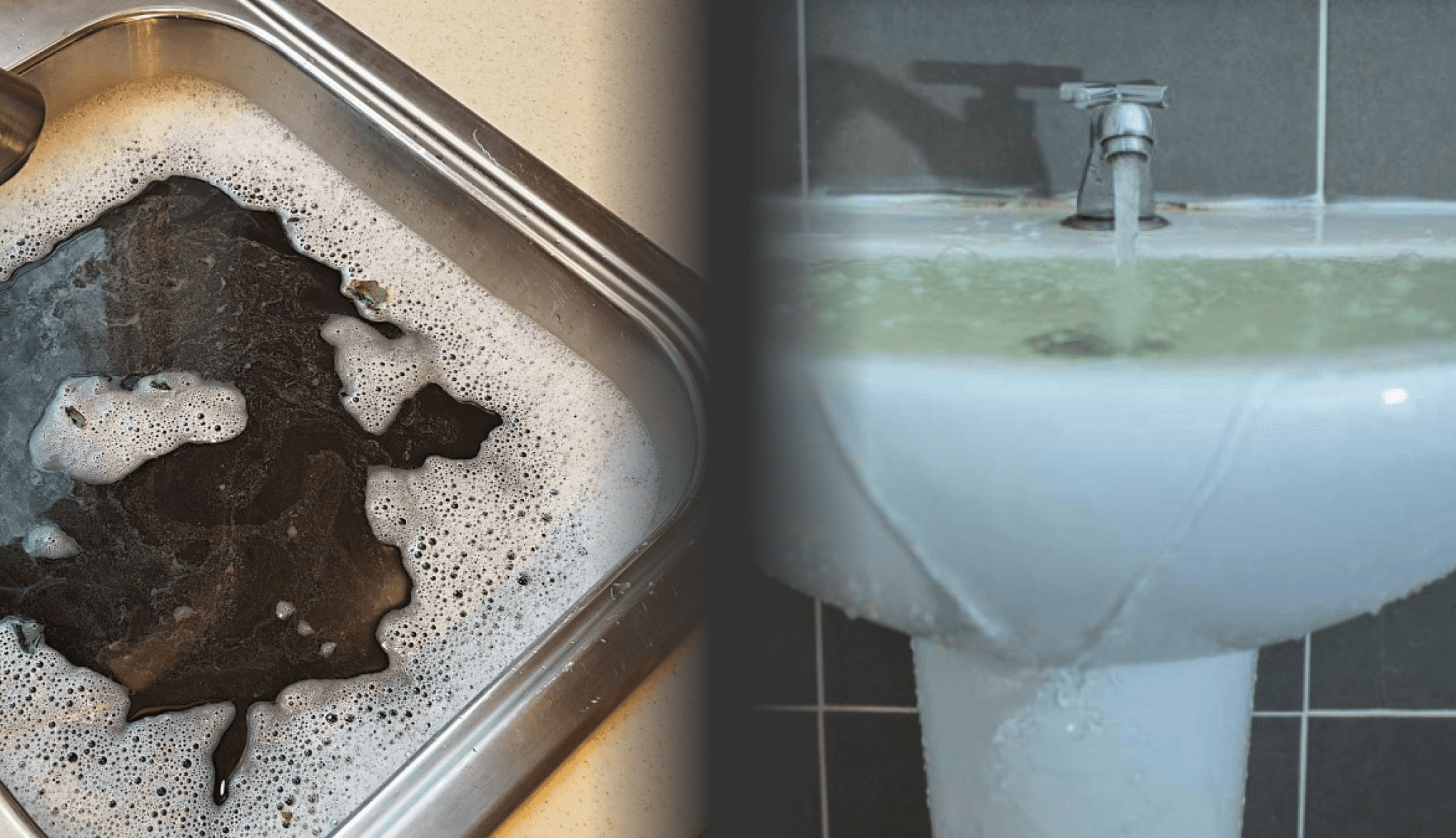
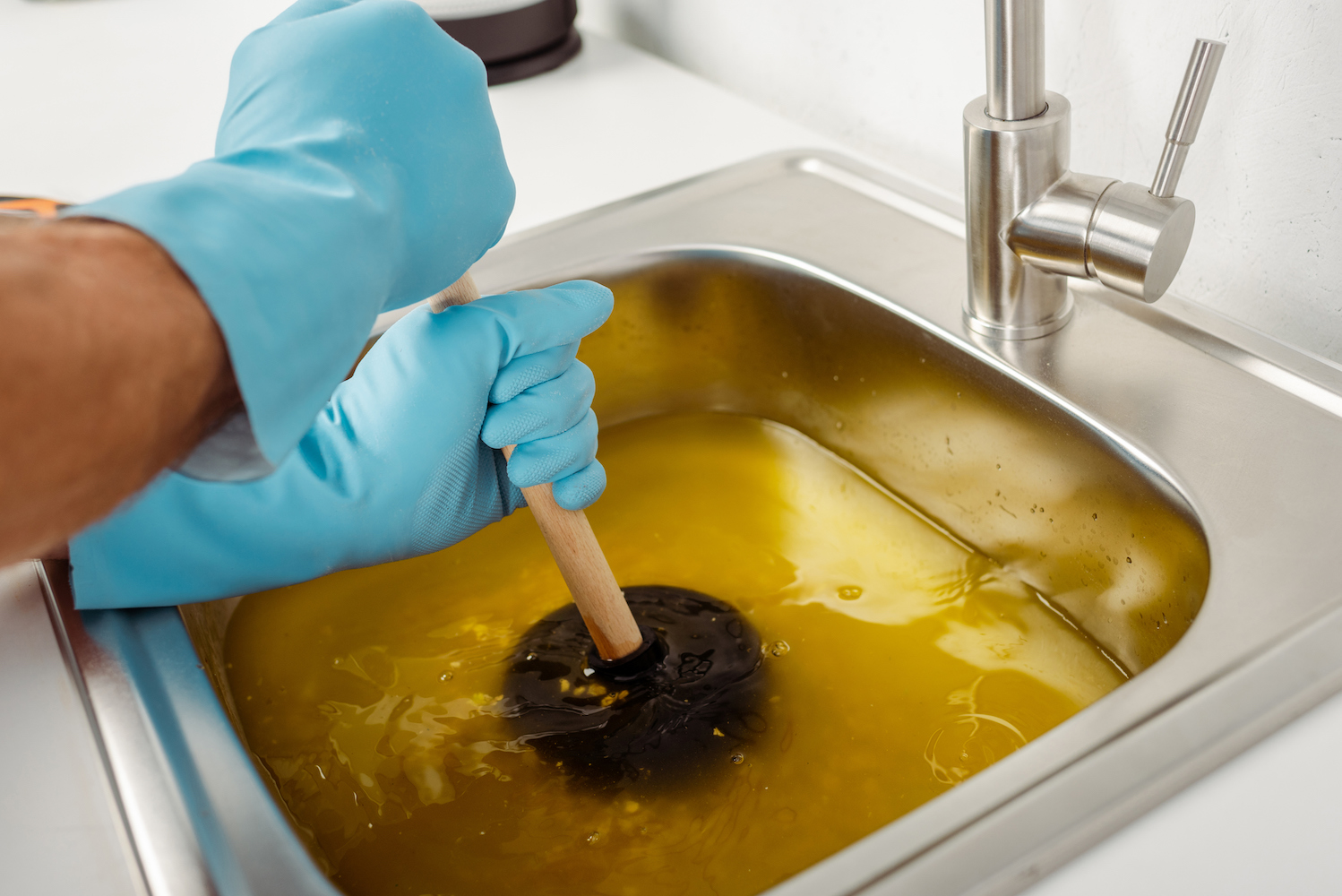
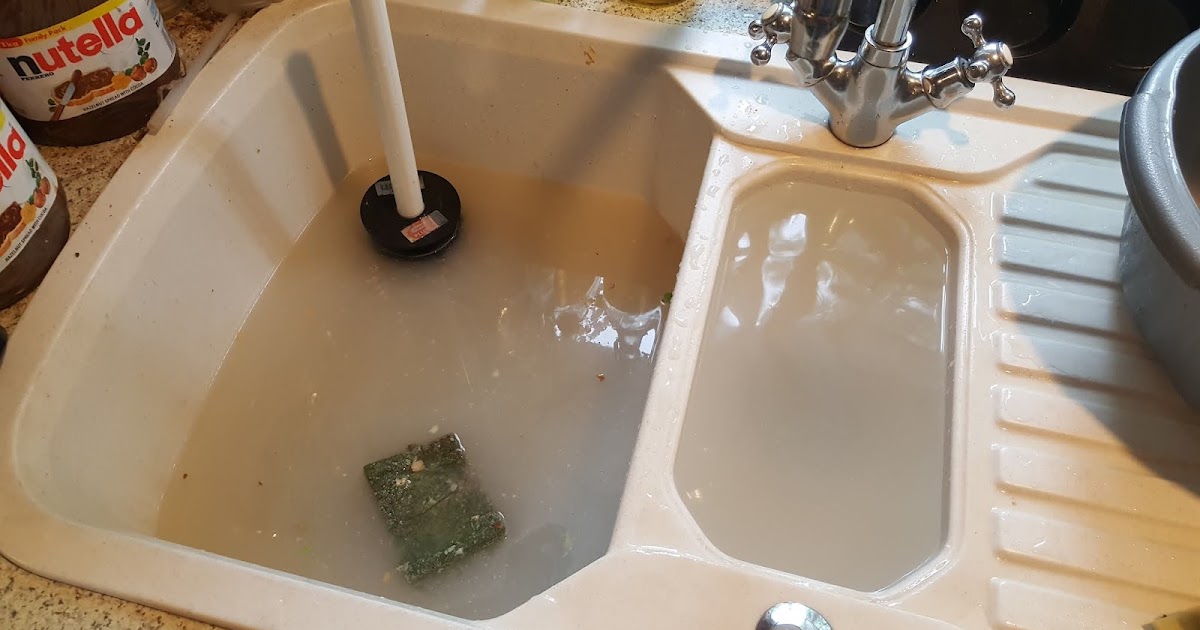





















:no_upscale()/cdn.vox-cdn.com/uploads/chorus_asset/file/19495086/drain_0.jpg)
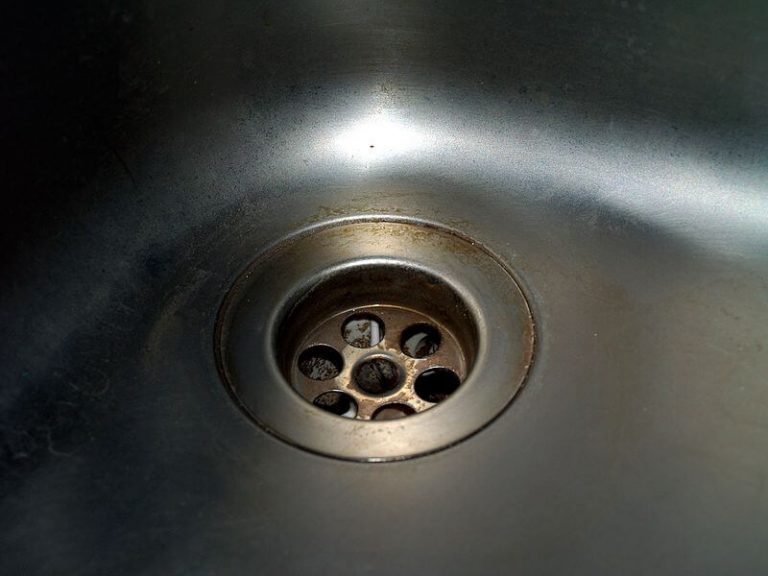

/how-to-install-a-sink-drain-2718789-hero-24e898006ed94c9593a2a268b57989a3.jpg)
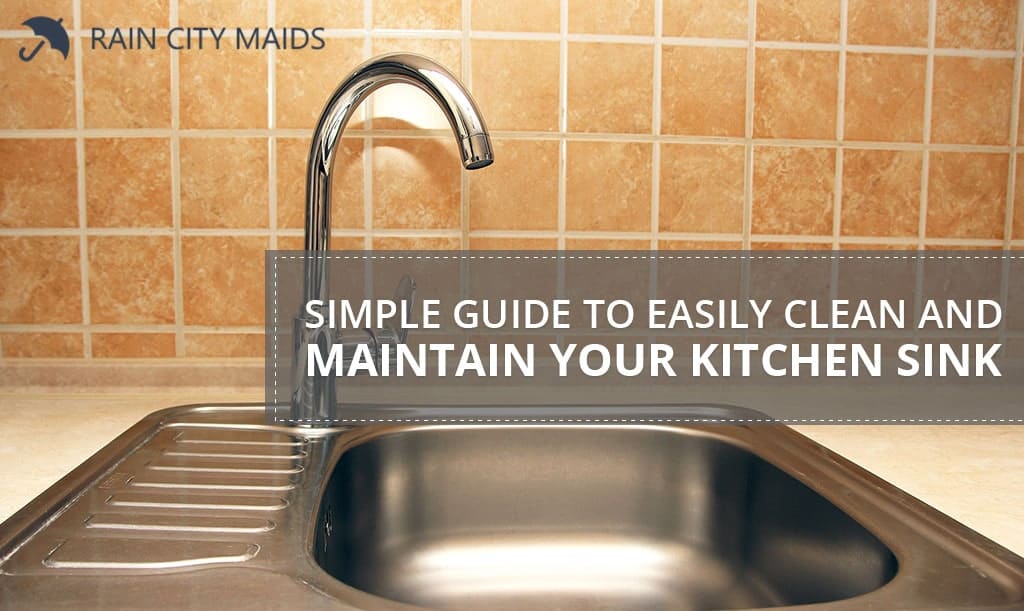








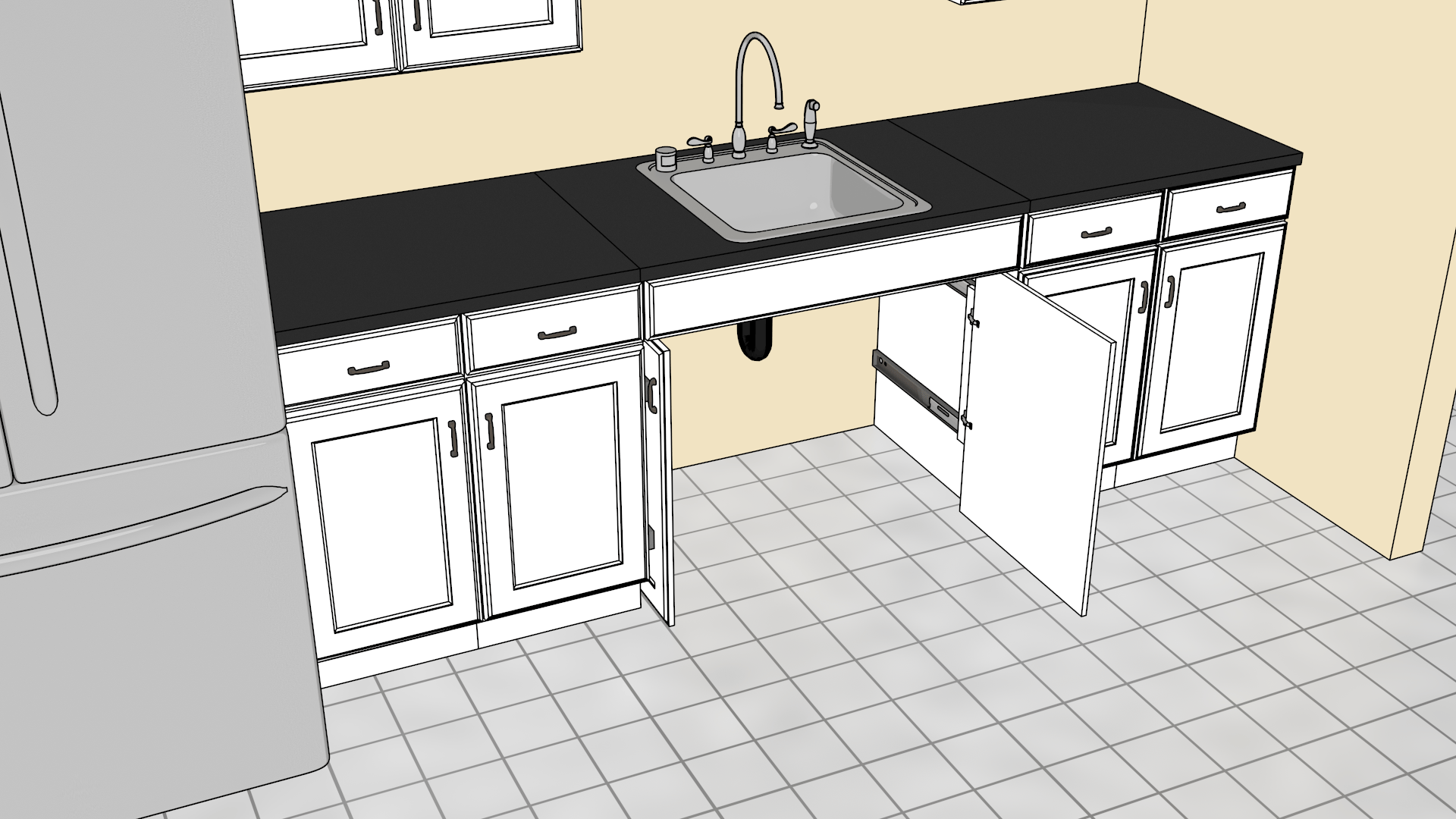







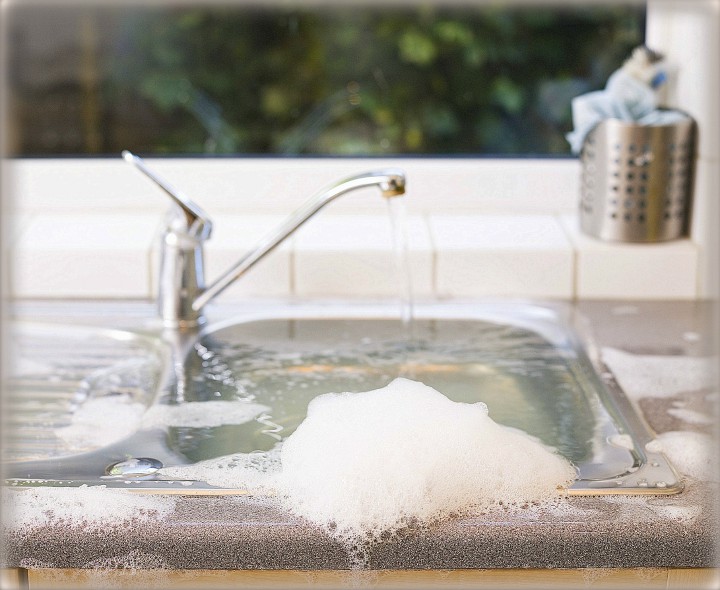



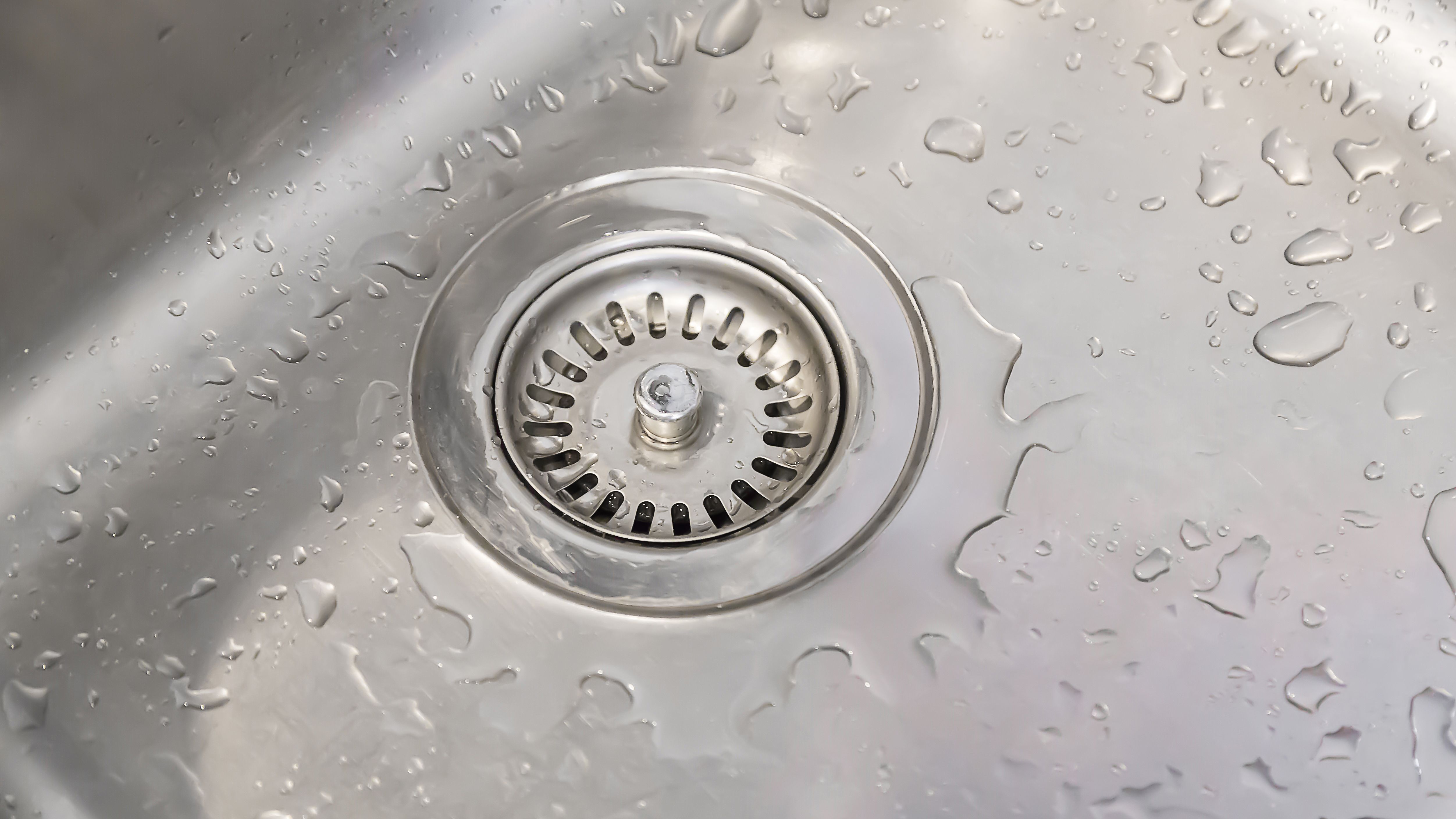




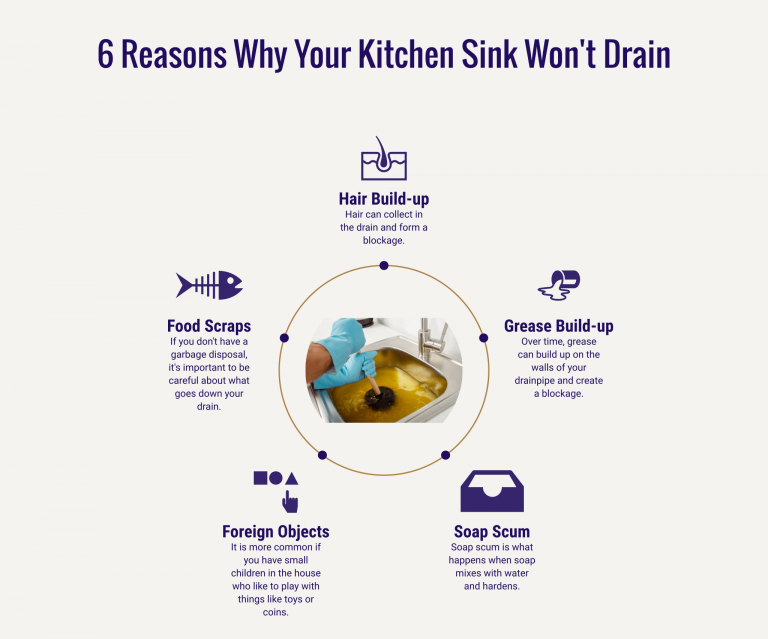

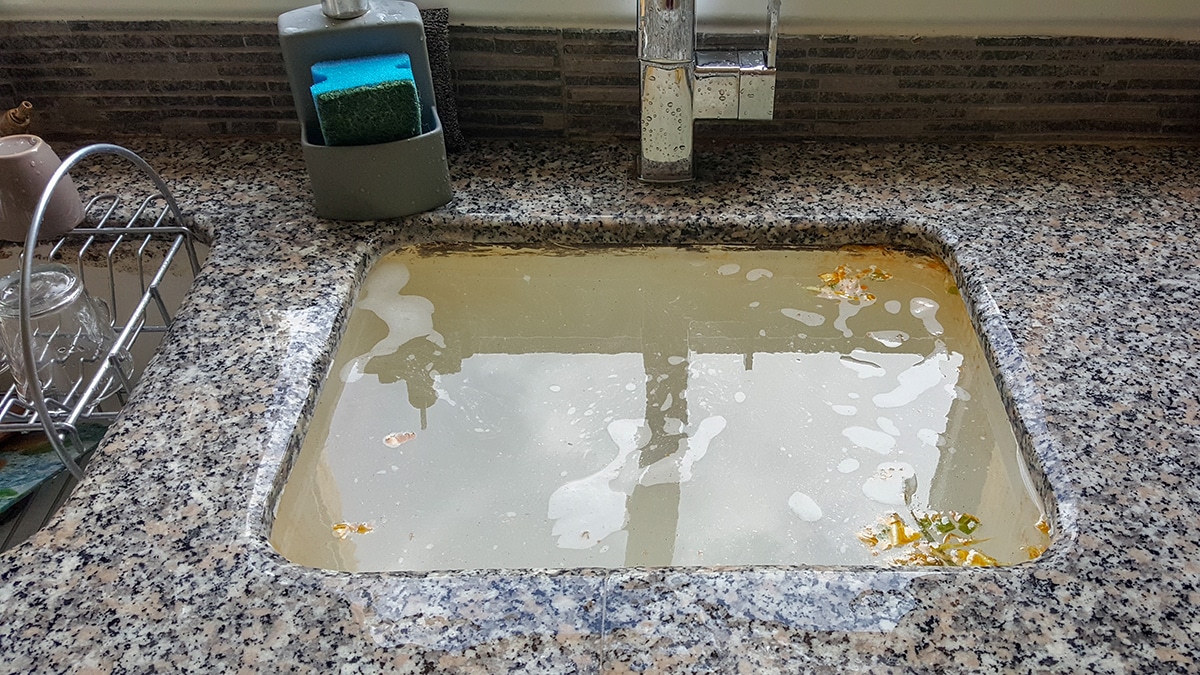
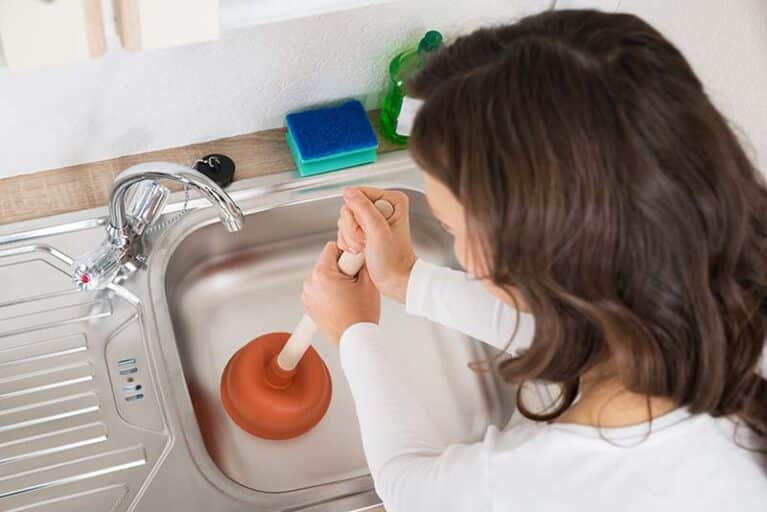



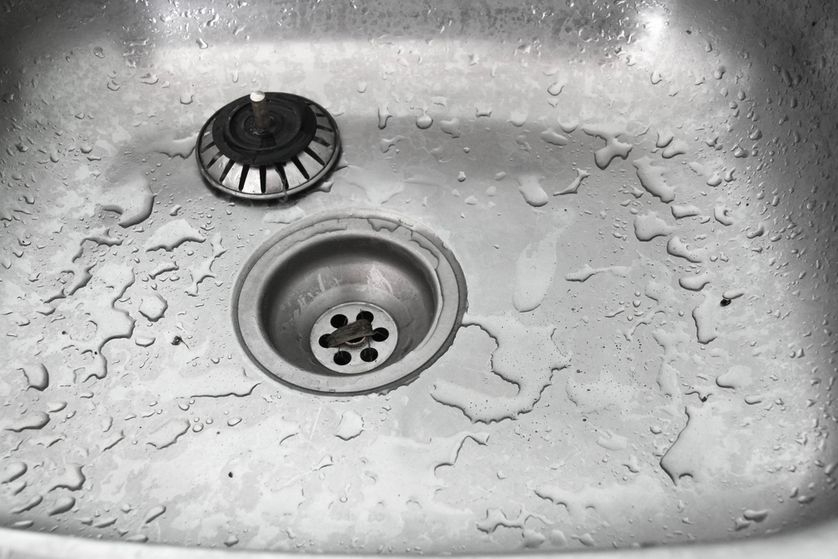










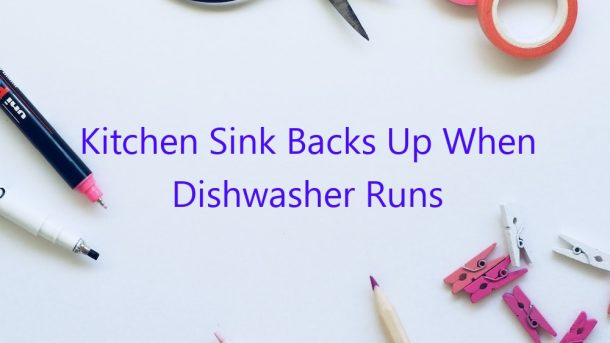

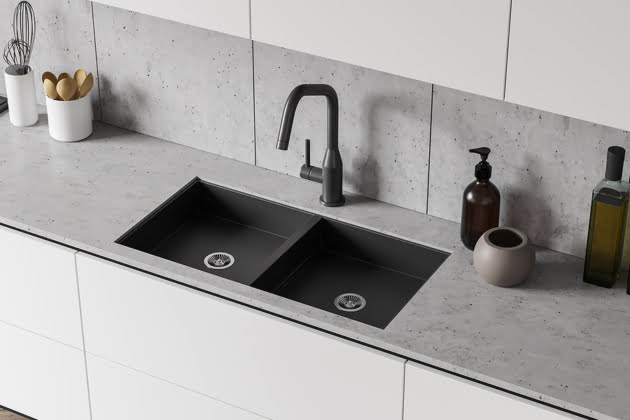
:max_bytes(150000):strip_icc()/Basic-kitchen-sink-types-1821207_color_rev-0b539306b9ef4236a136624ad2a89a4c.jpg)





